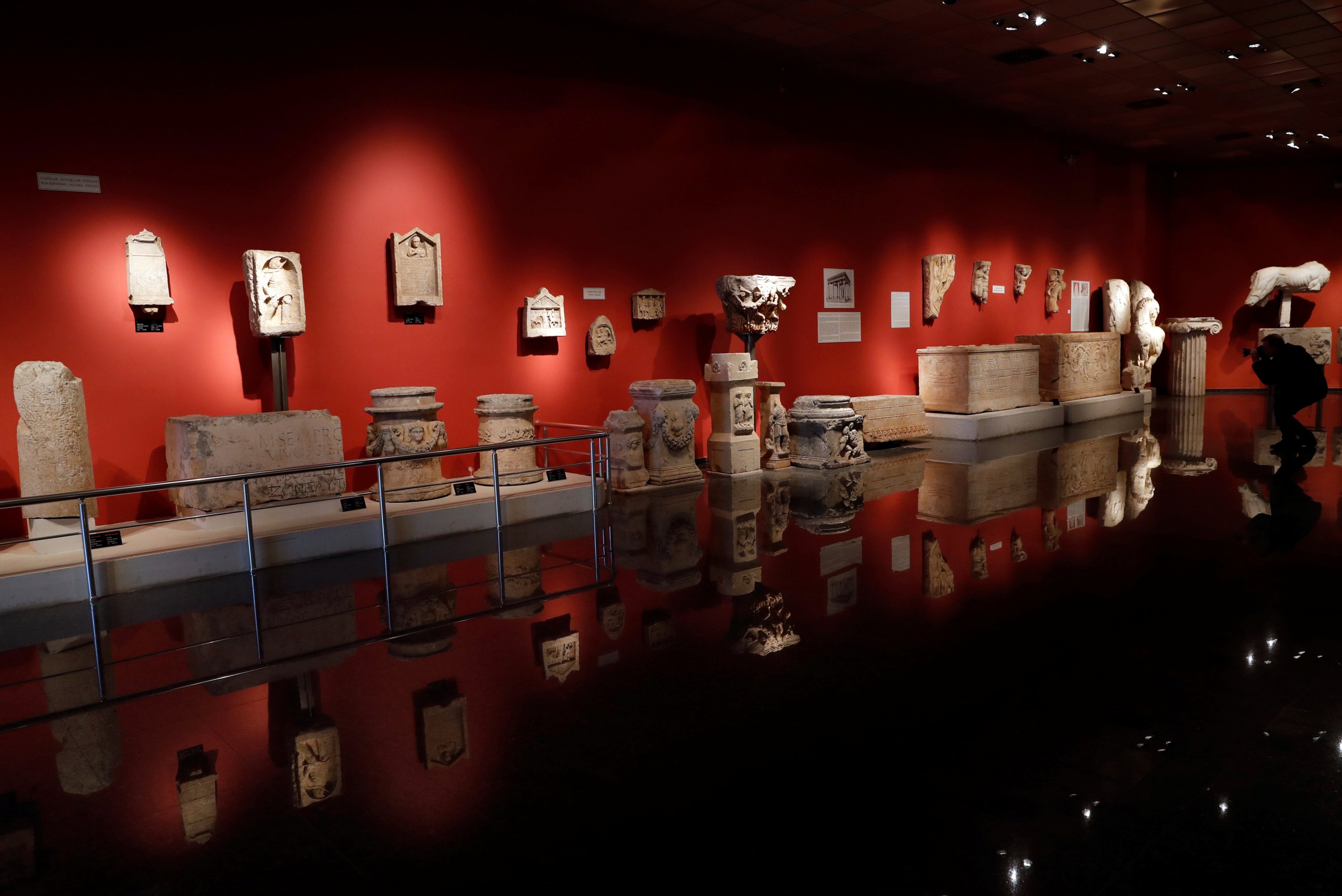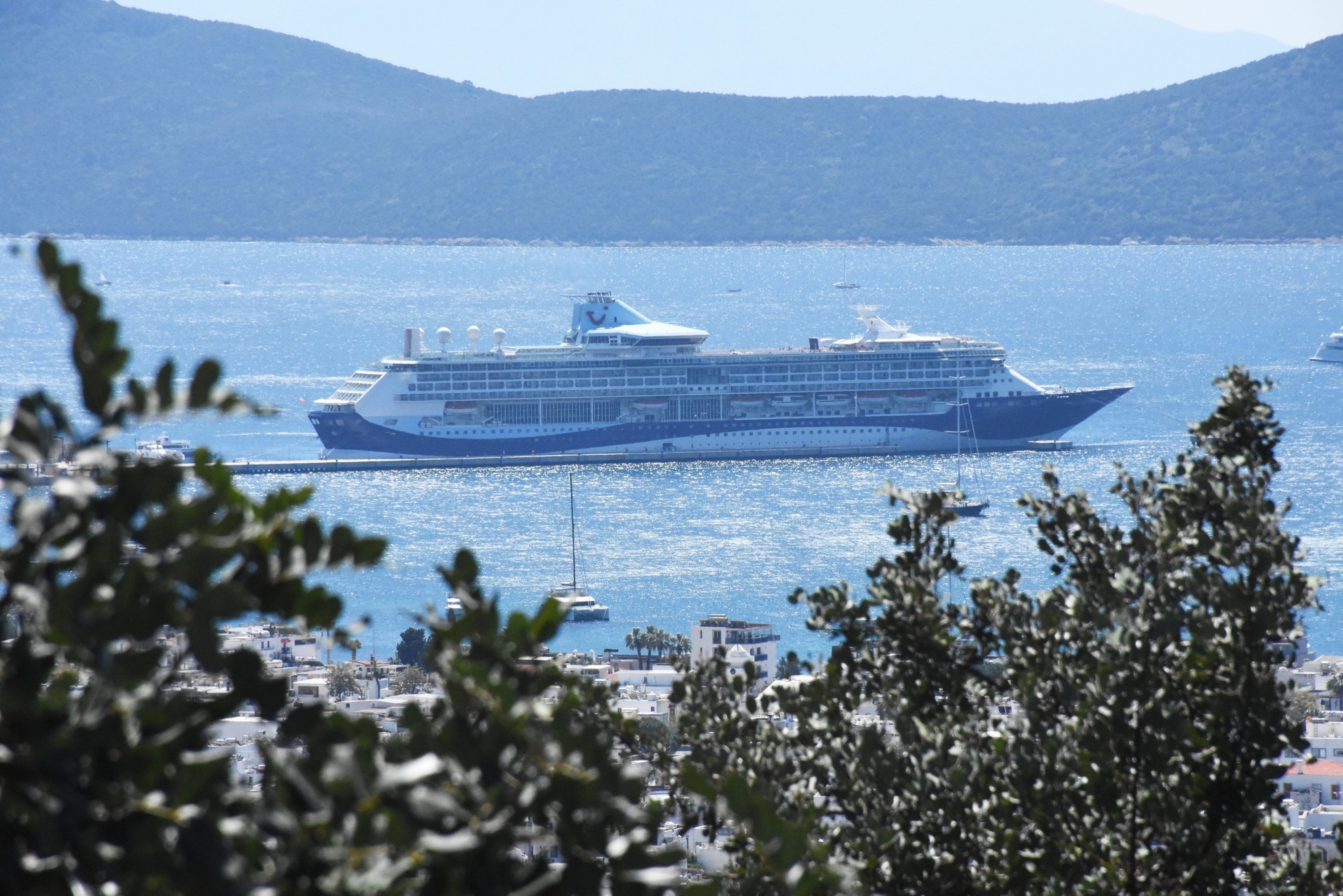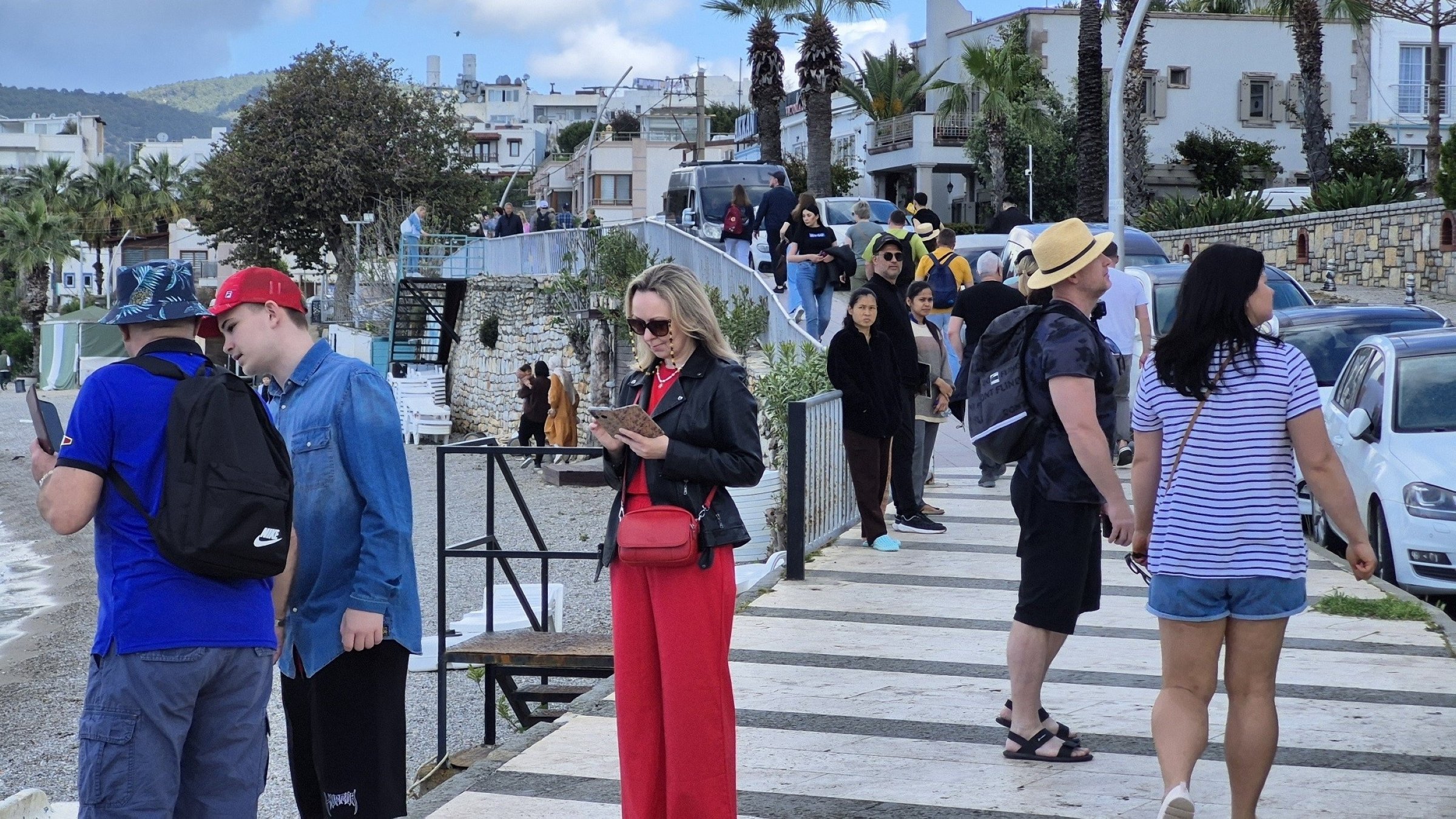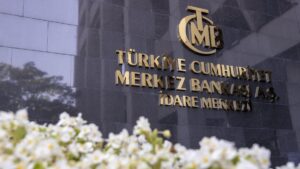Türkiye’s travel and tourism sector is set to soar to new heights in 2025, according to the latest data from the World Travel and Tourism Council (WTTC) on Tuesday, cementing the country’s status as one of the world’s most popular and most resilient destinations.
Sun-drenched coastlines, timeless archaeological treasures and a unique cultural mosaic where Europe meets Asia have propelled Türkiye’s tourism sector to record heights.
This year, it’s on track to contribute an estimated TL 5.2 trillion (about $135.35 billion) to the national economy, roughly 12% of gross domestic product (GDP), according to data from the WTTC.
In a fresh report, the WTTC projected sectoral growth at more than $5.2 billion above last year’s levels, with its CEO, Julia Simpson, praising Türkiye’s strategic approach to promoting tourism.
“Türkiye’s vision has been important in driving its growth in tourism, and it’s been very important that Türkiye has put itself on the map as a tourist destination. Turkish Airlines flies to more destinations than any other airline in the world, and it means that Türkiye is very well connected. And connectivity is very important,” Simpson told Anadolu Agency (AA).
“It’s also a safe country; the travelers need to feel very safe, and Türkiye is a good and safe country to visit,” she added.
“Then you have natural beauty – Türkiye is very beautiful. The Antalya coast is especially really spectacular. And the history, and all the antiquities. It really is where the west meets the east.”

Tourism ‘a real force for good’
The WTTC study forecasts that both local and foreign tourists will contribute to this growth. Foreign visitor spending is projected to reach nearly $67.7 billion in 2025, reflecting Türkiye’s rising popularity on the global stage. Meanwhile, domestic visitor expenditure is expected to hit $36.5 billion, highlighting the country’s vibrant internal tourism market.
The country welcomed some 52.6 million foreign visitors last year, up nearly 7% compared to the year before, while generating $61.1 billion in tourism revenues.
The report also anticipates that the travel and tourism industry will support 3.3 million jobs across Türkiye this year, accounting for more than 10% of all employment. From food services and cultural events to transportation and hospitality, the sector is generating long-term opportunities for millions of Turkish citizens.
“From hospitality and transport to food services and cultural experiences, the sector is creating meaningful, long-term opportunities for millions of Turkish citizens,” the WTTC said.
“We believe tourism is a real force for good, and it helps cultures understand each other. It really is a bridge for peace and Türkiye offers a safe haven, and people are very respectful and appreciate each other,” Simpson said.

Highlighting the critical role of infrastructure in sustaining tourism growth, Simpson emphasized the importance of continued investment. “Road infrastructure is very important. And it’s very important not just for the tourists, so we really do need to look at road infrastructure, and promoting alternative places for tourists to visit is also important to boost tourism,” she said.
Simpson also stressed that as the sector grows, it must do so responsibly, both environmentally and socially. “If you look at our environmental impact globally, travel and tourism are responsible for about 7% of greenhouse gas emissions,” she said.
“In Türkiye, the number is very similar to the global average. What’s interesting is that while Türkiye’s traveling and tourism sector has grown, the impact of carbon intensity in Türkiye has gone down,” she noted.
Turning to broader trends, Simpson acknowledged that while global conflicts affect tourism, the impacts tend to be localized. “Travelling and tourism are very resilient in many ways, and the impact of the conflicts tends to be quite local in terms of travel and tourism. I think it’s great that Türkiye always welcomes people traveling the world with open arms,” she said.
However, she also warned that economic uncertainty stemming from tariffs and trade disputes could create some turbulence for the sector in the short term.
“It’s certainly true that when you have an unsettled market and uncertainty, no investor likes that. I hope very much that some trade deals can be struck and that some of this will naturally be resolved. But in the short term, it certainly creates some turbulence,” Simpson said.
Growth despite global ‘economic uncertainty’
Despite these potential headwinds, Simpson noted that Türkiye’s tourism numbers remain strong. In terms of tourist numbers, she said Türkiye currently was not feeling any impact.
“In fact, sometimes when one area loses people, other countries can gain people,” she said, noting that at the moment, Canadian and Mexican tourist numbers in the U.S. had declined.
“So, we might well see Canadians traveling to different parts of the world and Mexicans doing the same.”
“When you get those issues, people tend to disperse to other areas. The economic uncertainty is never good for the markets, but at the moment, we are seeing, particularly, Türkiye experiencing a strong April.”
Looking ahead, Simpson said the WTTC expects the global travel and tourism sector to grow by 6.7% in 2025, reaching approximately $11.7 trillion in value.
Travel and tourism jobs are projected to grow to just over 370 million globally next year, a 4% increase. Over the next decade, the WTTC forecasts that the sector will contribute $16.5 trillion to the global economy, representing 11.5% of global GDP – an increase of 3.5%.
“Interestingly, we’re expecting the global economy over the next 10 years to grow by 2.5%, but the travel and tourism sector to grow by 3.5%. So, we are a sector that’s growing ahead of the global economy,” Simpson noted.
“We’re seeing growing numbers of middle classes, for example, in India and China. People are on the move. They have money, and particularly after the pandemic, people still want to spend that money to travel and have new experiences,” she added.
Coral Travel Group, one of the leading tourism groups in Türkiye and Europe, also welcomed the positive outlook.
Ayhan Bektaş, chairperson of the board at Coral Travel Group and a WTTC member, said: “We are proud to be part of Türkiye’s tourism story and to contribute to a sector that supports millions of jobs and delivers real value to the national economy.”
“The partnership between the private sector and government has helped make Türkiye one of the world’s most dynamic travel destinations – and we look forward to continuing that success together. We will continue our efforts to support Türkiye’s rise,” he added.




















































Be First to Comment